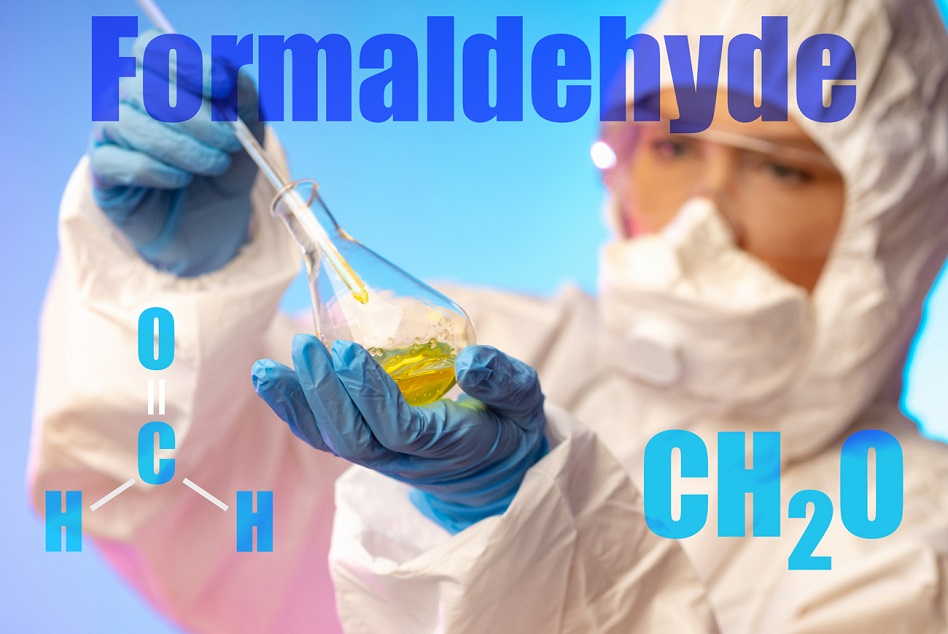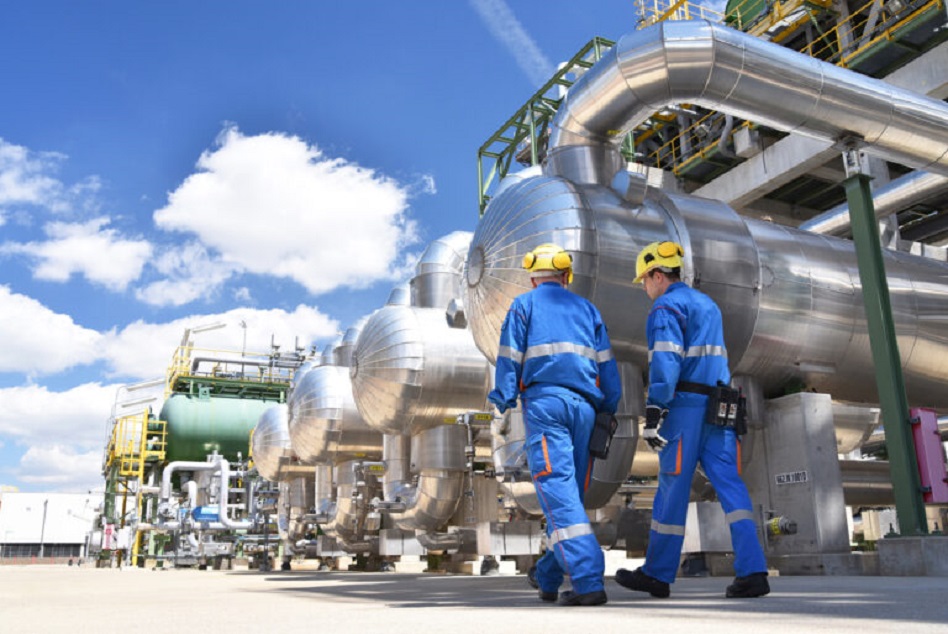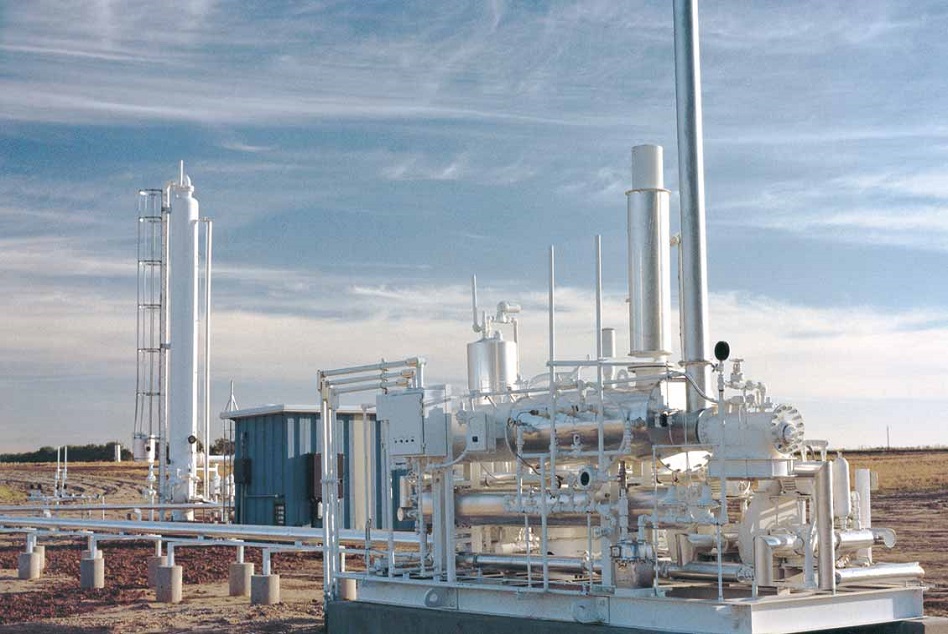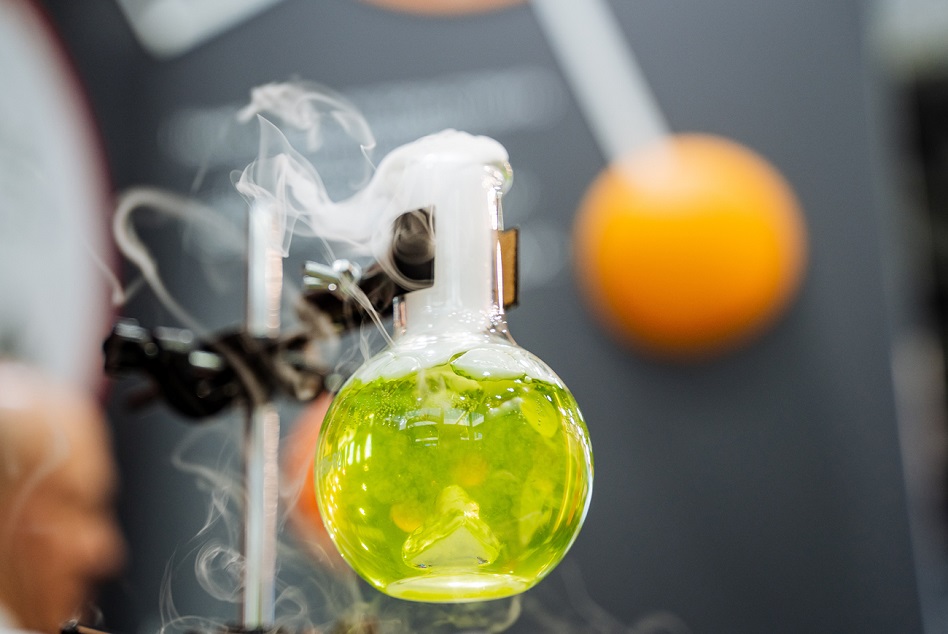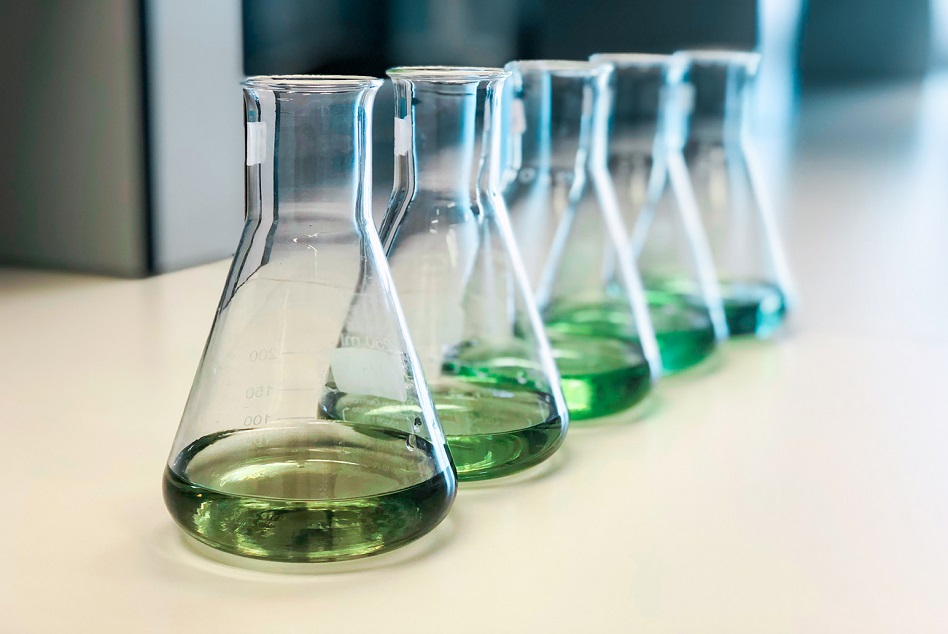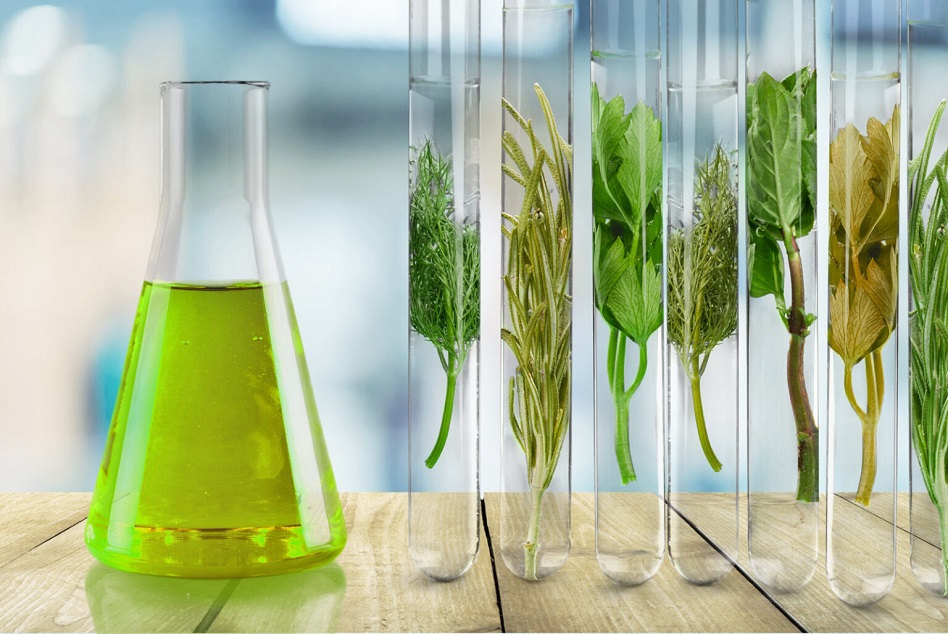Prozesstechnologien
Unser Engagement für Innovation treibt uns dazu an, unsere Technologie und Prozesse kontinuierlich zu verfeinern. Während wir die Grenzen des Möglichen erweitern, können Sie sicher sein, Teil einer sich ständig weiterentwickelnden Lösung an der Spitze der nachhaltigen Energie zu sein.
Harnstoff-Produktionsprozess
Der Produktionsprozess von Harnstoff umfasst die Synthese von Harnstoff, einer Verbindung, die häufig als stickstoffreicher Dünger und in verschiedenen industriellen Anwendungen verwendet wird. Harnstoff wird durch eine chemische Reaktion zwischen Ammoniak und Kohlendioxid synthetisiert. Der Harnstoff-Produktionsprozess ist energieintensiv aufgrund der erforderlichen hohen Temperaturen und...
Erfahren Sie mehr
Formaldehyd-Prozess
Formaldehyd, eine Verbindung mit einer faszinierenden Geschichte und vielfältigen Anwendungen. Bei diesem Prozess wird Methanol (CH3OH) mit Luft unter Verwendung eines Katalysators umgesetzt. Die Reaktion erzeugt Formaldehyd, das in Branchen von der Bauindustrie bis zum Gesundheitswesen Anwendung findet und eine vielseitige und wertvolle Chemikalie darstellt.
Erfahren Sie mehr
ARU Amine-Prozess
Der ARU (Amine Recovery Unit) Prozess ist entscheidend für die Erdgasverarbeitung, um sicherzustellen, dass das Endprodukt den Pipeline-Spezifikationen und den regulatorischen Anforderungen für Sicherheit, Umweltschutz und Qualität entspricht. Er spielt eine bedeutende Rolle in der gesamten Gasverarbeitungs- und Raffinerieindustrie, indem er die sichere und effiziente Entfernung von Verunreinigungen wie Schwefelwasserstoff...
Erfahren Sie mehr
Glykol-Gas-Dehydration
Die Glykol-Gas-Entwässerung, auch als Glykol-Dehydratisierung oder einfach Glykol-Trocknung bekannt, ist eine weit verbreitete Technik in der Erdgasindustrie zur Entfernung von Kondensation aus Erdgasströmen. Wasserdampf kann Erdgasleitungen und Verarbeitungsanlagen aufgrund von Korrosion, Hydratbildung und Betriebsproblemen erheblich schädigen. Die Glykol-Dehydratisierung sorgt für einen effizienten Gastransport und eine reibungslose Verarbeitung, indem sie den...
Erfahren Sie mehr
Harnstoff-Formaldehyd
Der Harnstoff-Formaldehyd-Prozess ist eine chemische Reaktion, bei der Harnstoff-Formaldehyd-Harze hergestellt werden, die in verschiedenen Branchen wie Holzprodukte, Textilien, Papier und Kunststoffe weit verbreitet sind. Diese Harze werden für ihre Klebe- und Bindungseigenschaften sowie ihre Wasserbeständigkeit und Haltbarkeit geschätzt. Der Prozess umfasst die Reaktion von Harnstoff und Formaldehyd unter kontrollierten Bedingungen,...
Erfahren Sie mehr
Grüne Wasserstoffproduktion
Die grüne Wasserstoffproduktion ist ein Verfahren zur Erzeugung von Wasserstoffgas (H2) unter Verwendung erneuerbarer Energiequellen. Im Gegensatz zu herkömmlichen Wasserstoffproduktionsmethoden, die auf fossilen Brennstoffen wie Erdgas basieren, zielt die grüne Wasserstoffproduktion darauf ab, Kohlenstoffemissionen und Umweltbelastungen zu minimieren. Die primäre Methode zur Herstellung von grünem Wasserstoff ist die Elektrolyse, bei...
Erfahren Sie mehr
Methanolproduktion
Methanol, auch als Methylalkohol bekannt, ist eine wichtige industrielle Chemikalie, die in verschiedenen Anwendungen wie der Kraftstoffproduktion, chemischen Synthese und als Lösungsmittel verwendet wird. Es gibt mehrere Methoden zur Methanolproduktion, wobei die gängigsten Verfahren auf Erdgas- und Biomassebasis beruhen. Methanol ist eine entscheidende Plattformchemikalie, was bedeutet, dass es ein grundlegender...
Erfahren Sie mehr
Grüne Ammoniakproduktion
Die grüne Ammoniakproduktion bezeichnet den Prozess der Herstellung von Ammoniak (NH3) unter Verwendung erneuerbarer Energiequellen und nachhaltiger Methoden. Ziel der grünen Ammoniakproduktion ist es, die Kohlenstoffemissionen und die Umweltbelastung durch die Nutzung erneuerbarer Energien zu reduzieren. Unser Verfahren trägt zur Dekarbonisierung der Ammoniakindustrie bei und bietet zahlreiche potenzielle Vorteile, darunter...
Erfahren Sie mehr
Grüne Methanolproduktion
Grünes Methanol ist ein sauber brennender Kraftstoff, der sich ideal für eine Vielzahl von Anwendungen eignet, von der Transportindustrie bis zur Stromerzeugung. Dieser saubere und nachhaltige Kraftstoff revolutioniert die Automobilindustrie. Unser Verfahren nutzt organische Abfälle und nachhaltige Energiequellen. Es reduziert erheblich die Treibhausgasemissionen, verbessert die Luftqualität und bietet eine umweltfreundliche...
Erfahren Sie mehr


